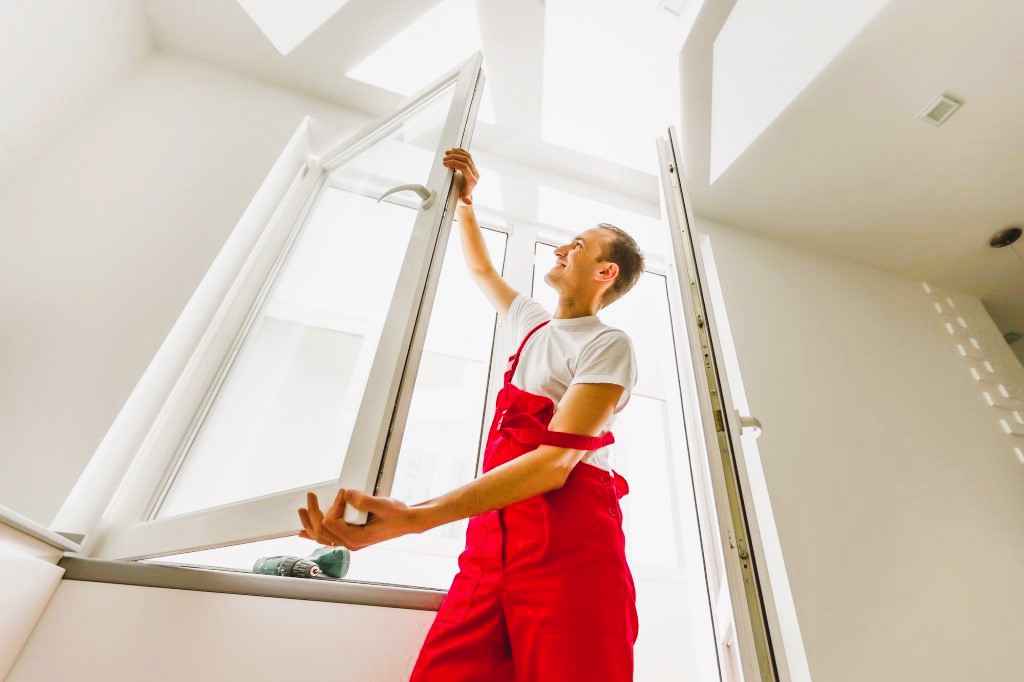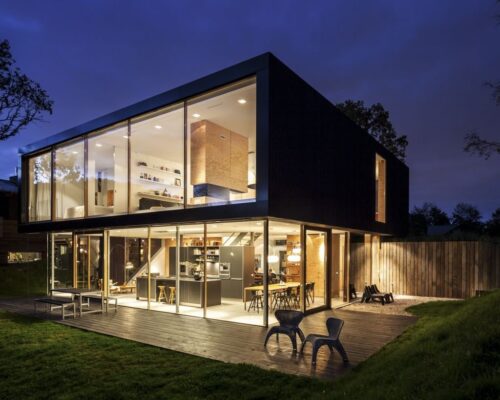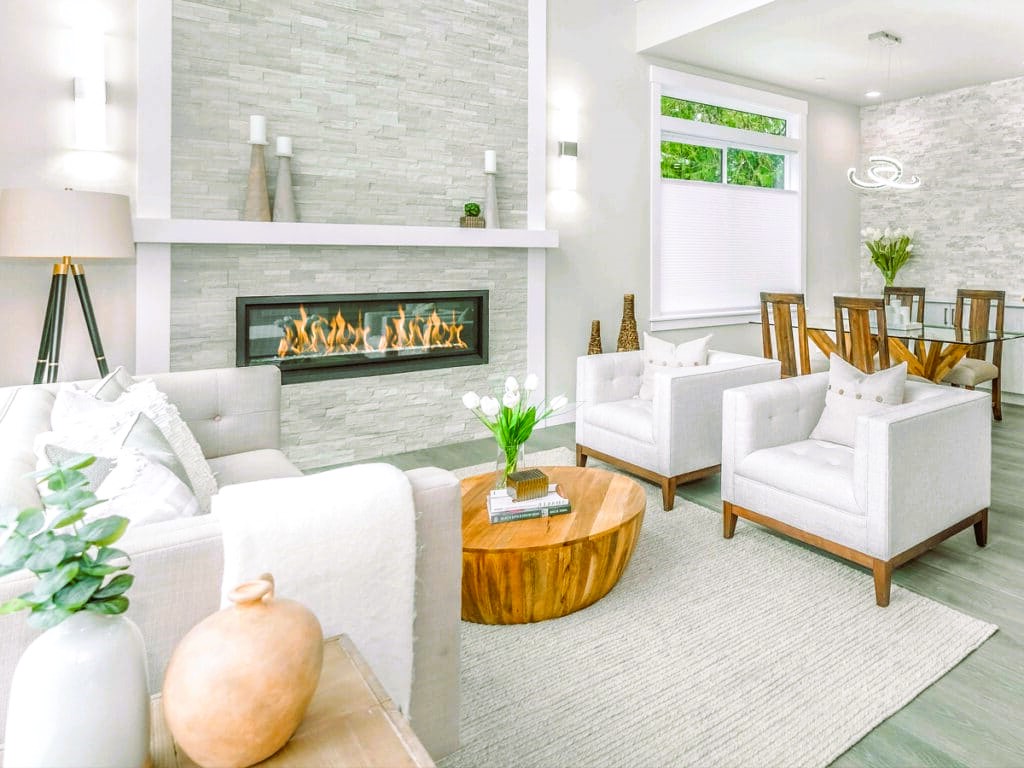Noise pollution is a common problem that can disrupt our daily lives and affect our well-being. Fortunately, choosing the right window hardware can significantly contribute to reducing unwanted noise and creating a peaceful and quiet environment within your home. In this article, we will explore the influence of window hardware on noise reduction and discuss various options that can help you create a more serene living space.
Understanding Noise Reduction
Before delving into window hardware options, it’s essential to understand how noise reduction works. Sound is transmitted through vibrations in the air, and windows can be a significant entry point for noise. The primary factors that contribute to noise reduction are sound absorption, sound insulation, and sound damping.
Sound Absorption: Sound absorption refers to a material’s ability to absorb sound waves and prevent them from bouncing back into the room. Soft materials, such as curtains, drapes, or acoustic panels, can help absorb sound and reduce its intensity.
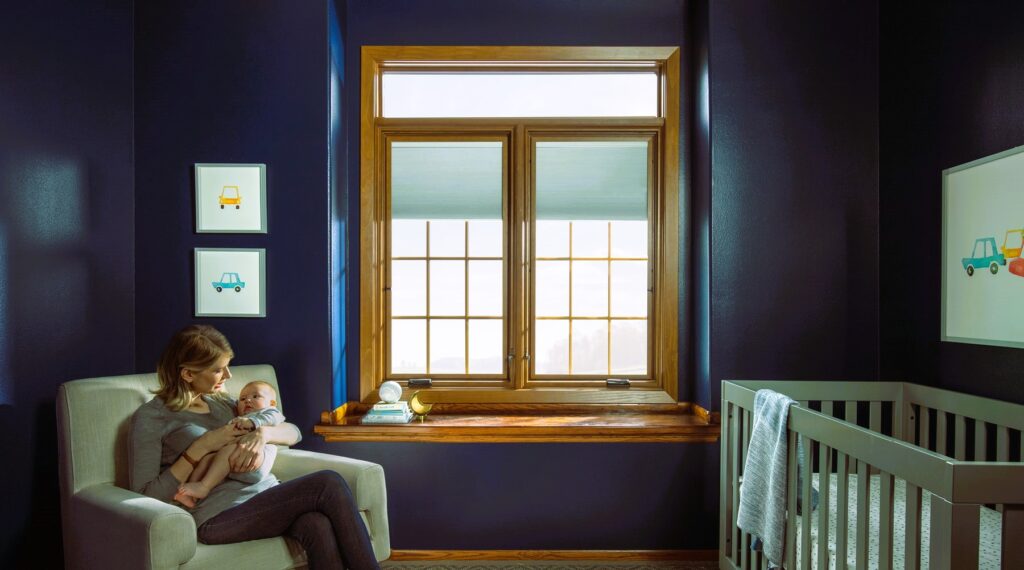
Sound Insulation: Sound insulation refers to a material’s ability to block sound from entering or leaving a space. The thickness and density of the window components, such as glass and frames, play a crucial role in reducing noise transmission.
Sound Damping: Sound damping involves reducing the vibration of the window itself when exposed to sound waves. Damping materials, such as laminated glass or rubber gaskets, can help absorb vibrations and prevent them from transmitting sound into the room. Maximizing Natural Light: Window Hardware and Design Strategies.
Window Hardware Options for Noise Reduction
- Window Frames: Opt for window frames made of materials with good sound insulation properties. Vinyl and fiberglass frames are excellent choices as they offer better noise reduction compared to aluminum frames, which can transmit sound more easily.
- Window Glass: Consider double or triple-glazed windows for improved noise reduction. These windows consist of multiple layers of glass with an insulating gas in between, providing enhanced sound insulation compared to single-pane windows.
- Weatherstripping: Proper weatherstripping is crucial for sealing gaps around windows and preventing noise leakage. Choose high-quality weatherstripping materials such as silicone or rubber that can effectively block sound transmission.
- Window Seals and Gaskets: Upgrading window seals and gaskets can significantly improve noise reduction. Look for materials that provide good sound damping properties, such as neoprene or silicone, to help absorb vibrations and reduce noise transmission.
- Window Treatments: Utilize window treatments that offer sound absorption capabilities. Heavy curtains, cellular shades, or layered window coverings with thick fabrics can help reduce noise by absorbing sound waves and preventing them from entering the room.
- Acoustic Films and Laminates: Consider applying acoustic films or laminates to the glass surface. These specialized materials help improve sound insulation and reduce noise transmission. They can be particularly effective for windows facing busy streets or areas with high noise levels.
Additional Tips for Noise Reduction
In addition to window hardware options, here are some additional tips to further enhance noise reduction in your home:
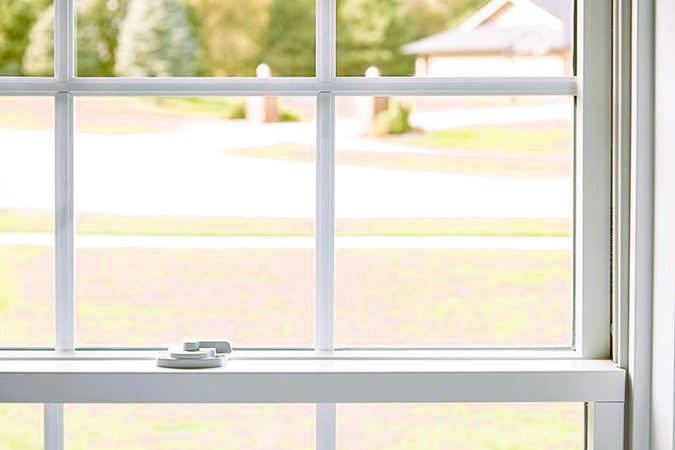
- Seal Other Gaps: Inspect and seal any gaps or cracks in walls, doors, and floors. These small openings can be significant sources of noise infiltration.
- Use Rugs and Carpets: Place area rugs or carpets on hard surfaces to absorb sound and reduce echo within the room.
- Furniture Placement: Arrange furniture strategically to create barriers and absorb sound waves. Placing bookshelves or upholstered furniture against walls can help reduce noise reflection.
- Soundproofing Materials: Consider using sound-absorbing materials on walls, such as acoustic panels or foam tiles, to minimize noise reverberation.
- Outdoor Landscaping: Planting trees, hedges, or installing a noise barrier fence can help reduce external noise before it reaches your windows.
Conclusion
Choosing the right window hardware is crucial for noise reduction in your home. By selecting appropriate window frames, glass options, seals, gaskets, and treatments, you can significantly minimize noise infiltration and create a more peaceful living environment. Additionally, implementing other noise reduction strategies, such as sealing gaps, using sound-absorbing materials, and optimizing furniture placement, can further enhance the effectiveness of your window hardware in reducing unwanted noise. Remember, a quiet home promotes relaxation, concentration, and overall well-being.



